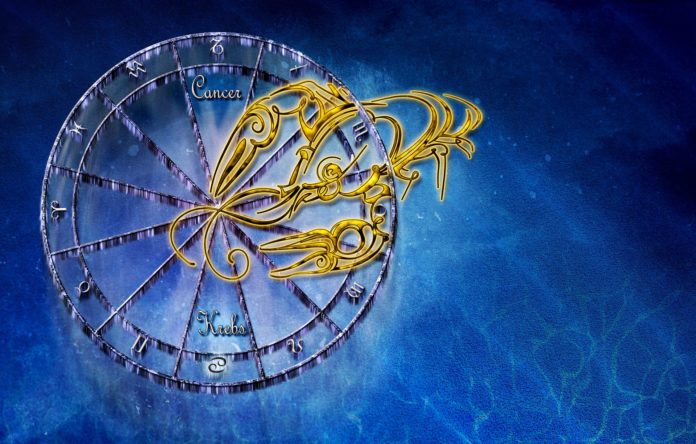Study shows that following testicular cancer surgery, one dose of chemo or radiotherapy has no long term effect on sperm count
Men with early stage testicular cancer can safely receive one course of chemotherapy or radiotherapy after surgery. This does not have a long-term effect on their sperm count, according to a study published in the leading cancer journal Annals of Oncology .
Although it is known already that several rounds of chemotherapy or high doses of radiotherapy given to men with more advanced testicular cancer can reduce sperm count and concentration, it has been unclear whether a single cycle of chemotherapy or radiotherapy would have a similar effect in men with stage I disease.
Dr Kristina Weibring, a cancer doctor at the Karolinska University Hospital in Stockholm, Sweden, who led the study, said: “We wanted to examine in more detail if postoperative treatment, given to decrease the risk of recurrence after the removal of the tumorous testicle, would affect the sperm count and sperm concentration long term in testicular cancer patients with no spread of the disease. To our knowledge, no such study has been done before.”
Testicular cancer is the most common cancer in young men between the ages of 15 and 40. When it is diagnosed, all patients have the testicle containing the tumour removed, a surgical procedure called orchiectomy
She added: “This is important to find out, since treatment with one course of postoperative chemotherapy has been shown to decrease the risk of relapse substantially, thereby reducing the number of patients having to be treated with several courses of chemotherapy.”
Testicular cancer is the most common cancer in young men between the ages of 15 and 40. When it is diagnosed, all patients have the testicle containing the tumour removed, a surgical procedure called orchiectomy.
In this study, 182 men aged between 18 and 50, diagnosed with stage I testicular cancer and who had had an orchiectomy within the past five years, took part in the study between 2001 and 2006. They were treated either in Stockholm or Lund. After surgery, they received radiotherapy (14 fractions of 1.8 Gy each, up to a total dose of 25 Gy) or one course of chemotherapy, or were managed by surveillance, meaning there was no postoperative treatment. They provided semen samples after orchiectomy but before further treatment, and then six months, one year, two years, three years and five years thereafter.
From 2006 onwards, radiotherapy was no longer used as a standard treatment in Sweden because of the risk of causing secondary cancer.
“We found no clinically significant detrimental long-term effect in either total sperm number or sperm concentration, irrespective of the type of postoperative treatment received,” said Dr Weibring. “Among men who received radiotherapy, there was a distinct decrease in average sperm number and concentration six months after treatment, though not in those who received chemotherapy. However, sperm number and concentration recovered in the radiotherapy group after six months, and continued to increase in all groups up to five years after treatment.”


